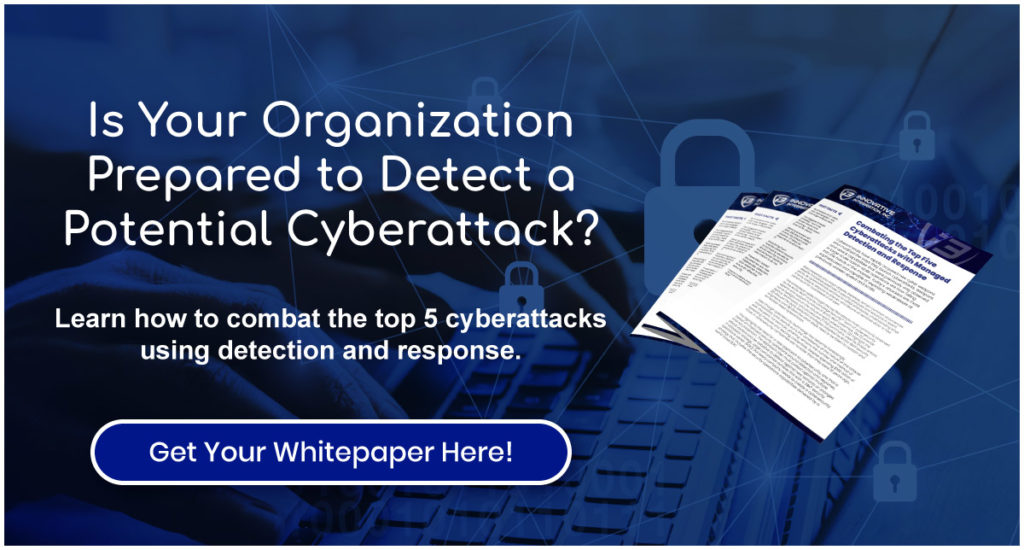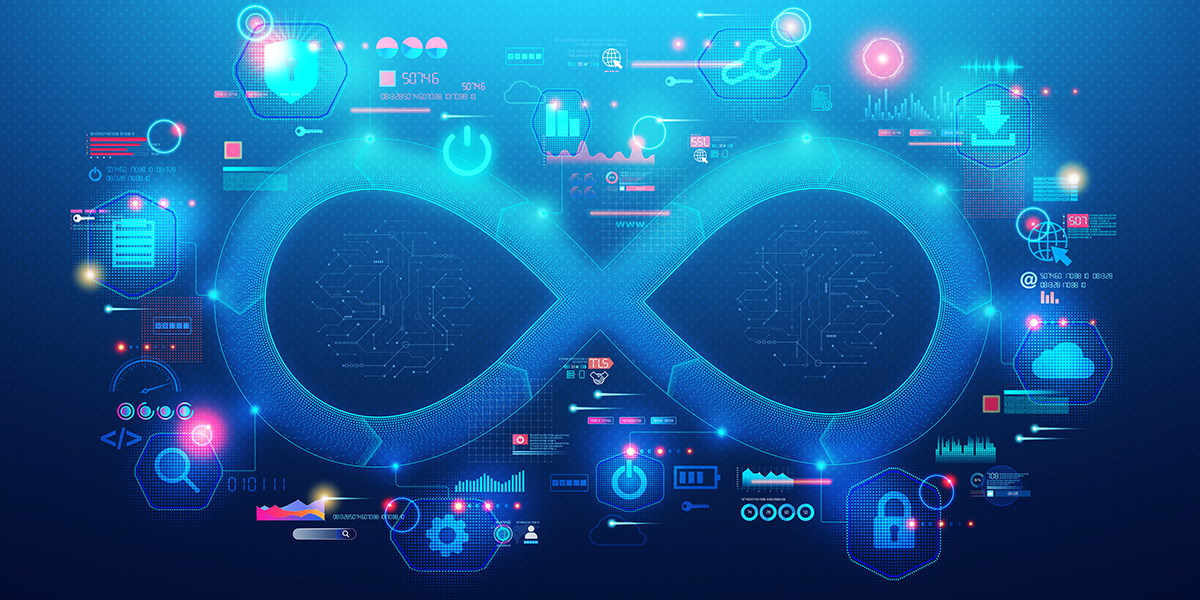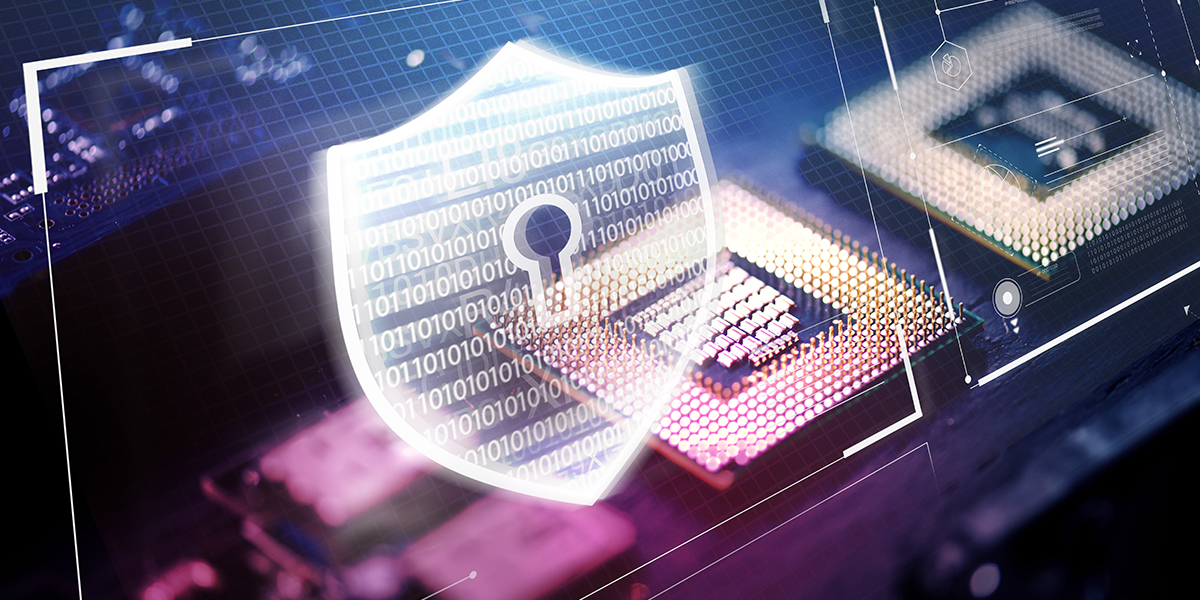With society’s ever-increasing reliance on technology, businesses need quality cyber hygiene practices now more than ever to keep their network data organized and safe. However, hybrid working conditions have made data maintenance harder, as keeping track of all employee activity and devices for remote work seems impossible! So, how can companies uphold proper cyber hygiene for hybrid working as well as in-office? What practices should remote employees consider during work? Let’s review how cyber hygiene works along with guidelines to protect your data during hybrid working conditions.
What is Cyber Hygiene?
Just like with personal hygiene, cyber hygiene is the habitual practice of keeping your company network, data storage, and devices clean from any potential threats. This process includes cleaning old files, updating cybersecurity architectures, and organizing documents so all sensitive data is protected from hacking and corruption. Though it may seem tedious, regular cyber hygiene ultimately helps your network and authorized devices perform at the levels you need, as deterioration can occur from extended periods of data corruption or malware damage. It’s crucial that businesses in any industry establish a routine cyber hygiene cleaning to extend the longevity of devices as well as helping users identify security flaws, too.
Basic cyber hygiene practices for businesses include:
- Antivirus and Malware software
- Firewalls to block unauthorized users
- App, Browser, and Network Updates
- Cleaning hard drives
- Changing passwords
Hybrid Working Risks
With the implementation of hybrid working across various industries, though, cyber hygiene practices have unfortunately fallen in priority to rebuilding business’ productivity and workforces. Many companies have opted to transition completely into online work since the pandemic, turning hybrid work into a regular occurrence in many industries from education to international trade. Though employees have benefited from hybrid working—which allows a degree of freedom in time, location, and attire for work—few are mindful of cyber hygiene practices to keep important data and operations safe online.
Here are some issues that have developed due to hybrid working:
- Poor Training: Businesses focus more on training new employees to be productive rather than safe when working remotely. As a result, many new workers fall victim to hackers through email, fake websites, and Wi-Fi hijacking when linked in public spaces.
- Outdated Security: Due to the popularity of hybrid working, few employers consider their cybersecurity insufficient. However, hackers have adapted their methods and have increased the frequency of attacks. Organizations with old security firewalls and software will struggle to protect remote workers from potential data breaches, so it’s especially important to keep these systems up-to-date.
- Limited Data Storage: With remote work placing most daily processes online, businesses require more data storage to compensate for the influx of new documents and files. Yet, since the pandemic, some companies have failed to reorganize or clean out previous documents, leaving little to no room for new information. In turn, remote employees will significantly struggle and stress over losing valuable client information without space to place their documents.

Cyber hygiene ensures workers are safe from cyber threats that threaten hybrid working productivity.
How to Continue Cyber Hygiene for Hybrid Working
Currently, hybrid working has exposed how much businesses have laxed on maintaining cyber hygiene practices since starting remote work for employees; yet this failure can be easily fixed to restore not only better security for your business but also help rebuild support for the employees within your workforce. Here are some key practices to reinforce cyber hygiene throughout hybrid working conditions:
- Multi-Factor Authentication Measures: Through multifactor authentication, users must authenticate network access through multiple types of information and passwords across devices. While this identification process seems tedious, it helps secure your network by noting which members access data during daily hybrid working. MFA also keeps cyber hygiene optimal as hackers have difficulty answering personal employee information in security questions or gaining secondary access from a separate device.
- Provide Proper Data Tools: Hybrid working requires proper equipment to access the business network, data, and applications used for production. Working from home can tempt employees to rely on personal devices not set to proper cyber hygiene compliance guidelines. Therefore, it’s important that businesses supply such crucial equipment—such as laptops, routers, or cameras—for work to check each device and manage their updates on a routine basis.
- Establish a Cyber Hygiene Routine: Cyber hygiene must be practiced regularly to keep all systems in top operational condition, especially during hybrid work. Using calendar reminders or automated dates, you can keep track of updates and upgrades to your network along with access points to employees currently in your organization. Not only will this allow you to find potential viruses or flaws to manage within your security, but also help control all processes within the company for control over passwords, apps, software, and data storage.
- Implement Zero Trust: Zero Trust cybersecurity helps to authenticate, authorize, and validate hybrid workers anytime they need to link to sensitive data within the company network. By establishing the network to suspect everyone, organizations gain complete control over who can access information, which devices are used, and potentially track unauthorized attempts to break in.
- Update Wi-Fi: A frequent issue during hybrid working is the lack of secure networks to use for staff outside the office, as public Wi-Fi poses the risk of infiltration. By installing an encrypted desktop infrastructure onto company devices, employee activity becomes more private, allowing better productivity without worrying about losing signal.
- Organize Training: Hackers can present themselves in many ways: via text, email phishing, or request by social media. As hybrid working conditions face the most risk during daily processes, updating company training protocols is key to upholding proper cyber hygiene. Through training on all security measures and reporting procedures, employees will be better prepared to identify and avoid cyberattacks to support each other from potential digital harm.
Improve Security with Innovative Integration
Hybrid working requires the upholding and enforcing of the best cyber hygiene practices on a regular basis. Not only does your business rely on such cybersecurity measures to protect data security, but remote employees need such practices to feel connected and secure within your services. At Innovative Integration, we can help you build your cyber hygiene through cybersecurity and IT services. To learn more about how you can improve your security for remote work, contact us today.





